Learning basic Arabic phrases while living in the UAE will help you in daily conversations and also show respect for the culture.
25 January 2017
| Last updated on 17 September 2019
The United Arab Emirates is a country where knowing the local language of Arabic isn't hugely important for expatriates. Signs, menus and service centers for instance are (more often than not) provided in English.
Indeed, while English seems to be the universal language that a lot of people primarily use in the country, that doesn't mean that you shouldn't make an effort to learn Arabic phrases. Even if it's just the basic phrases, learning a little Arabic will no doubt come in handy both in day to day life, in conversation and also as a sign of respect to the country you have made your home.
It's important to note that some of the below are used primarily by Emiratis. You may find that while speaking to others from different Middle Eastern countries, they're pronunciation or dialect is different. But not to worry, as many if not all will understand and appreciate your efforts in speaking the below.
Keeping that in mind, here's some phrases that you may find useful some day.
Hala
This is a casual and friendly way to say 'hi!' to someone in Arabic. While it's not commonly used in your local shop or on the street, we're sure your Arabic-speaking friends will appreciate your effort.
Salaam Alaikum/Wa Alaikum Salaam
This is the traditional and more formal Arabic greeting that's mostly used. Ideally, you should know both parts of the greeting... The first person says 'Salaam Alaikum' and in response, you would say 'Wa Alaikum Salaam'. In English, they're translated as 'peace be upon you!' and 'and on you be peace'.
Shukran
Simply put, this means thank you. And your reply would be...
Afwan
Meaning, you're welcome! It can also be used for excuse me, if the situation suits.
Titakkellem ingleezi?
A useful one to know if you're having trouble communicating. It means 'do you speak English?' and is helpful in showing that you don't understand Arabic to anyone who does like in a shop or restaurant. This one is quite formal Arabic, and you can also use 'btehkey inglezi?', which is a little easier to pronounce.
Mabrook
This means congratulations, can be used for any success someone gains; be it small or huge. The word derives from the original phrase 'mubarak', which can also be used for congratulations sometimes and is translated as blessed one.
Kifak
This one universally means 'how are you'? However Emirati Arabic may also pronounce it as 'kayfa halak' (for men) or 'kafa halik' (for women). Kifak is a lot easier to remember if needed.
Mafi
Means none, no or not.
Mafi Mushkila
This translates as 'no problem!' and is a popular Arabic phrase as it can be used as a response to pretty much everything. Do you mind if I borrow your chair? 'Mafi mushkila!
Inshallah
It means 'God willing', and is a must-know for everyone living here. Will it rain today? 'Inshallah'. Hi boss, can I have a pay rise? 'Inshallah'. Will I get my bank card today? 'Inshallah;. Ultimately, it's a polite way of saying maybe or possibly.

La Afham
Translates as 'I don't understand'. The more common phrase for this that can also be used is also 'msh fahem', which is understand by many Arabic speakers.
Addesh?
Very useful if you're in a shop but the member of staff doesn't speak English, and you don't speak Arabic. It means 'how much?', and with a bit of luck you'll come to an understanding over the price using you hands and fingers and end up walking out of the store with your new favourite item!
Yallah!
Literally means, come on! Let's go! Hurry up! You'll no doubt hear this a lot in your day.
Habibi/Habibti
My friend (M/F). Can be used in conjunction with Yallah! for a great 'Yallah Habibi!'
Mai
Water, its important to maintain hydrated in this country after all.
Wayn al hammam?
Means, 'where is the toilet?' if ever you need to use the restroom.
Ma'aa ssalama
This means goodbye, and is of course appropriate to use at the end of a meeting or when you're leaving your group of friends. It can also be shortened to peace as a more informal expression, too.


























.png?itok=HBSyMDok)

































































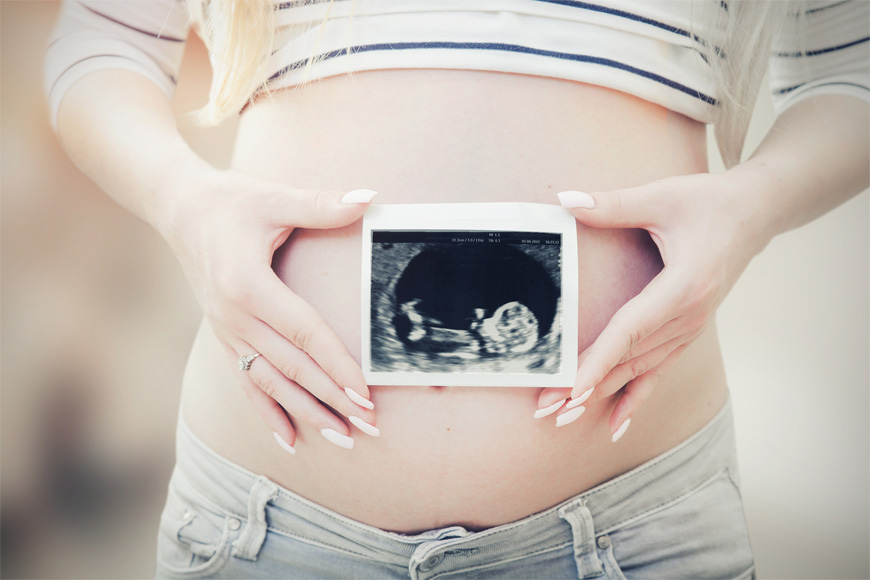
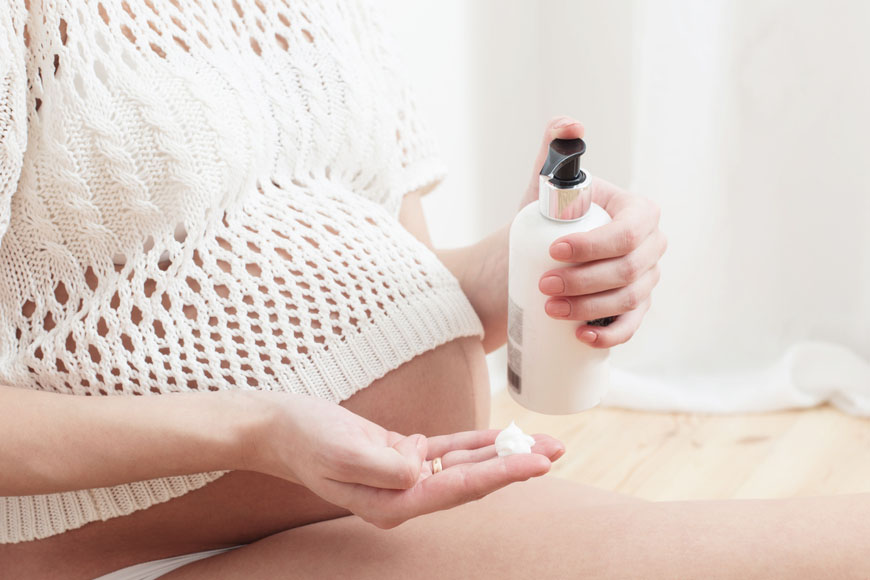
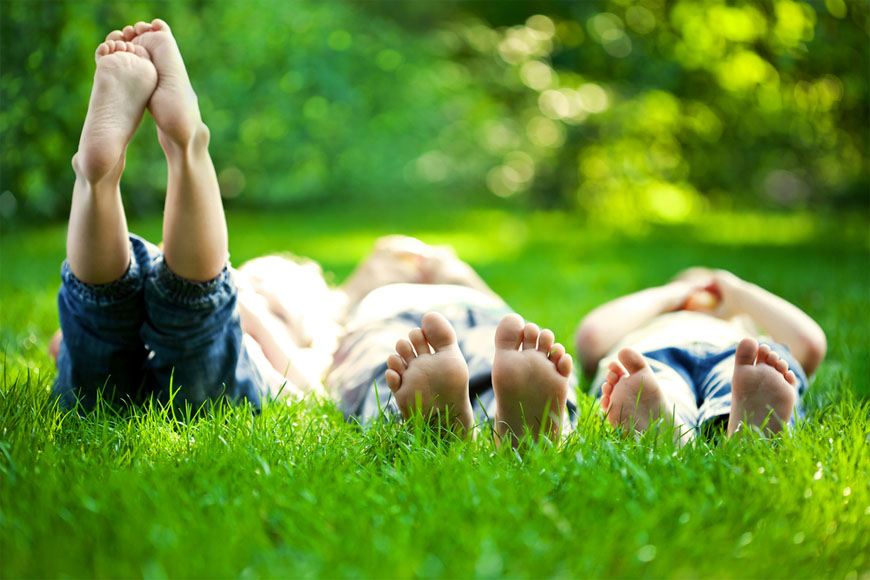
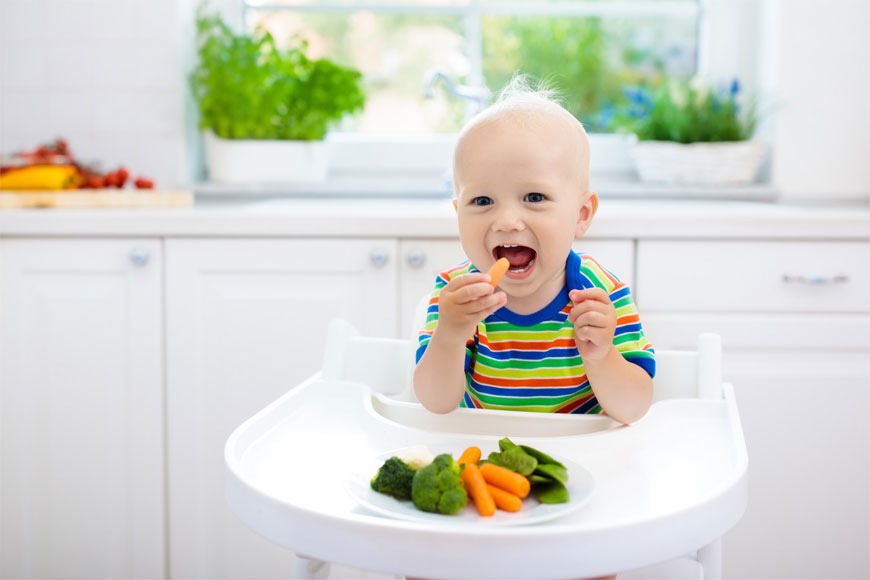



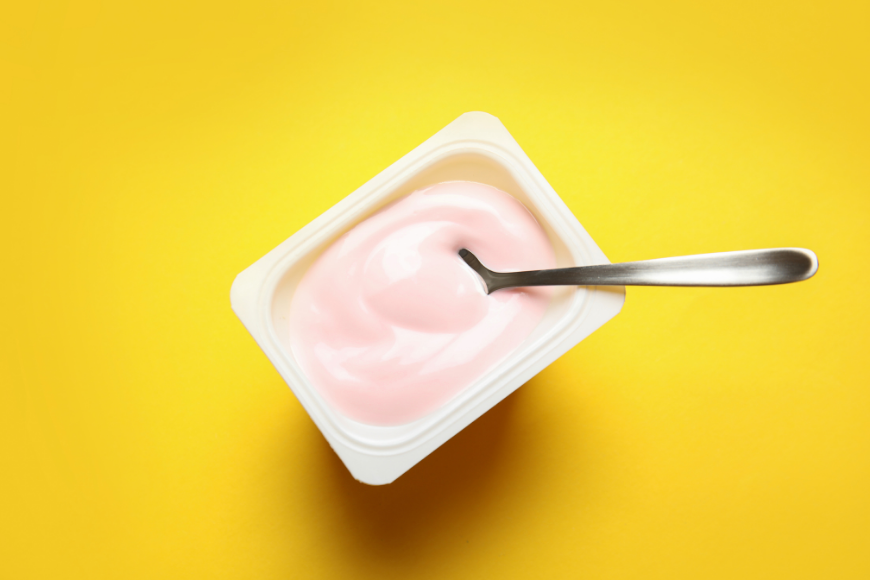
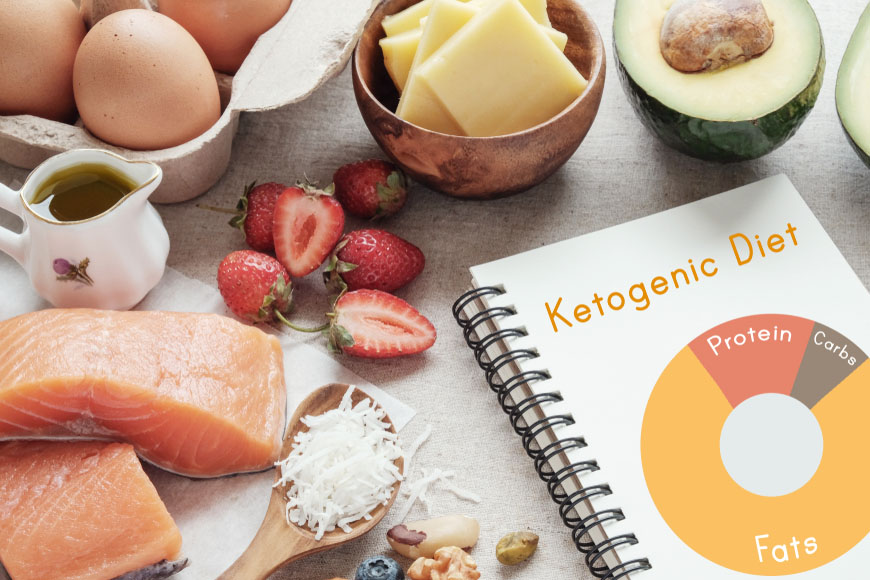
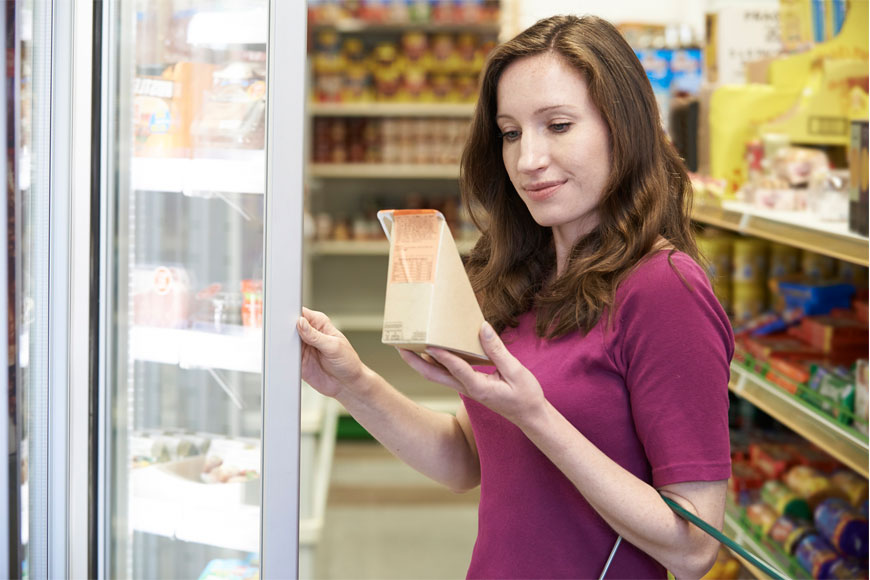










.png?itok=0fOAXkOm)















.png?itok=EH_x0Pha)













